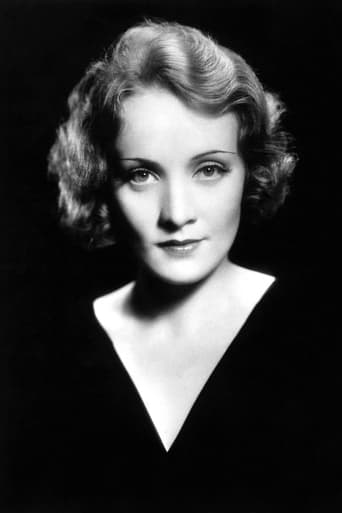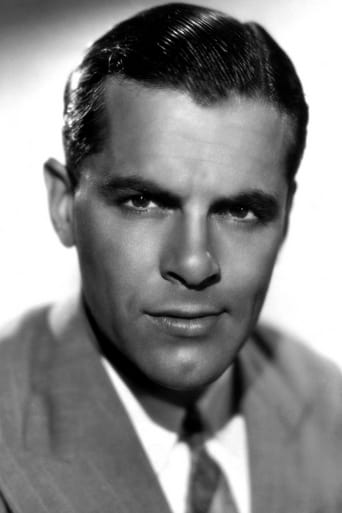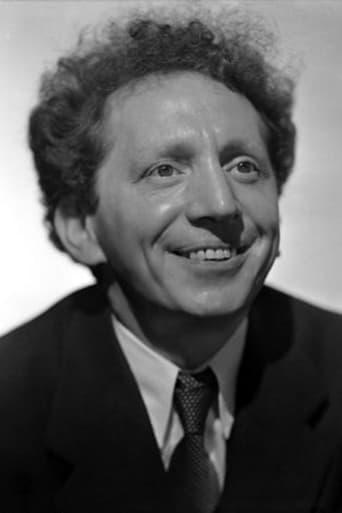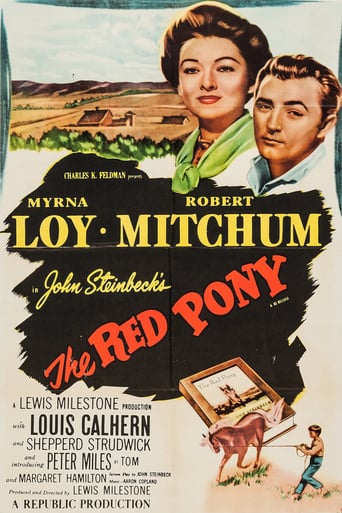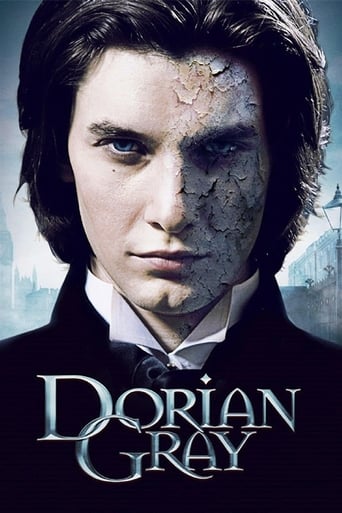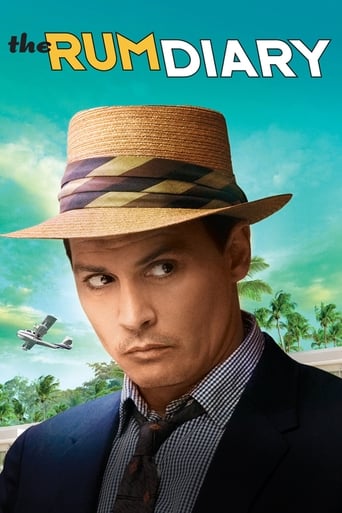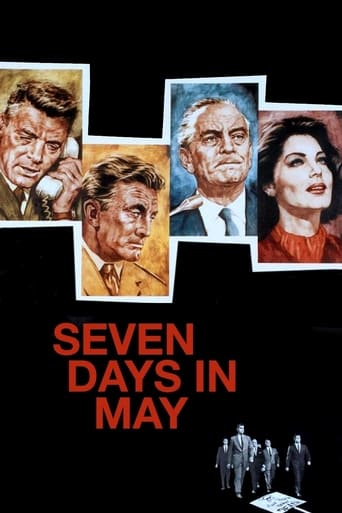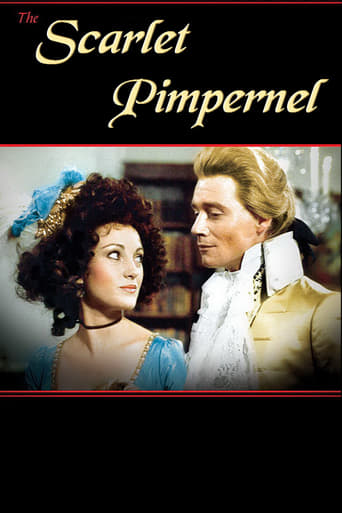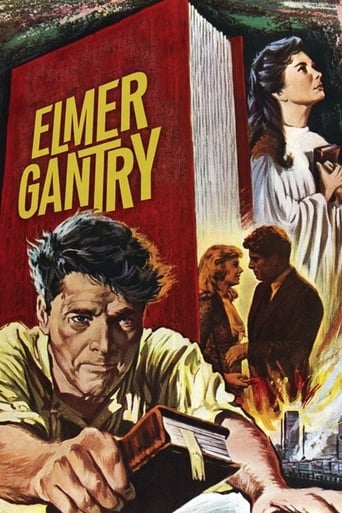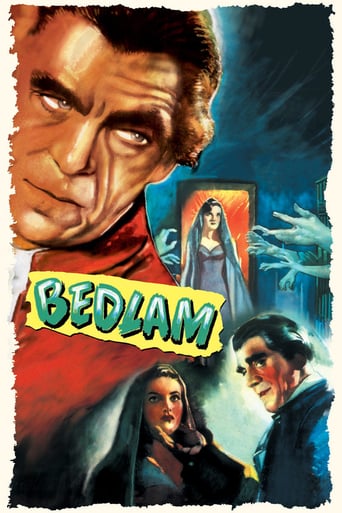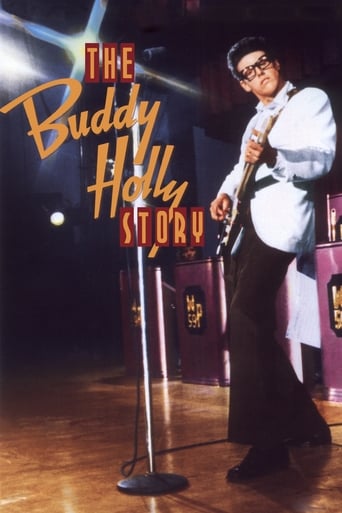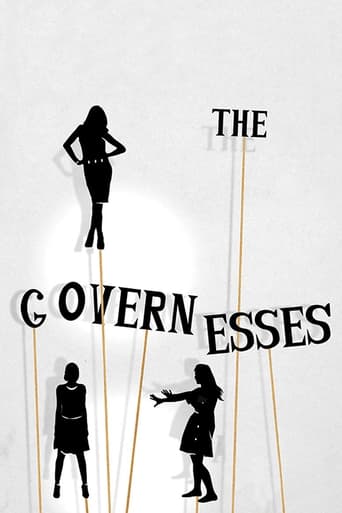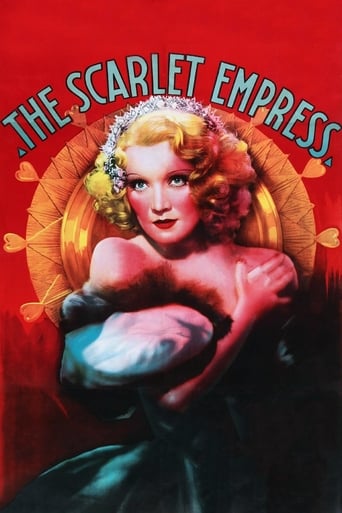
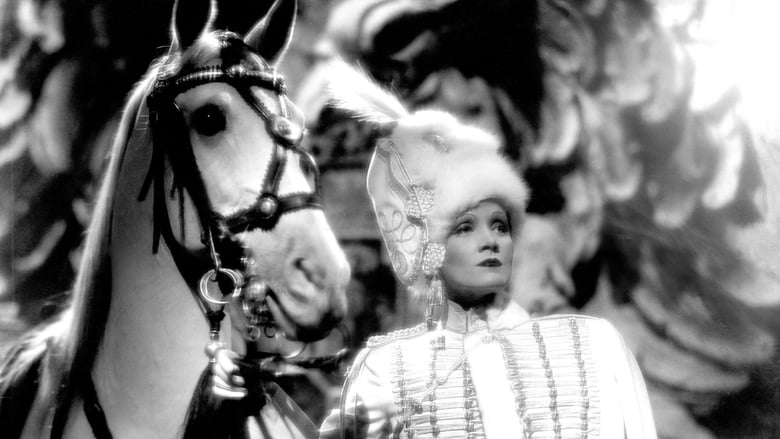
The Scarlet Empress (1934)
During the 18th century, German noblewoman Sophia Frederica, who would later become Catherine the Great, travels to Moscow to marry the dimwitted Grand Duke Peter, the heir to the Russian throne. Their arranged marriage proves to be loveless, and Catherine takes many lovers, including the handsome Count Alexei, and bears a son. When the unstable Peter eventually ascends to the throne, Catherine plots to oust him from power.
Watch Trailer
Cast


Similar titles
Reviews
First: linking Marlene Dietrich to the somewhat dark, cruel & mysterious atmosphere of 18th century czarist Russia provides a truly great edge to 'The Scarlet Empress'.Second: in 1934 Dietrich was already in her thirties, which clearly shows off in this film. Even more so, she does not make any attempt to hide her true age. It doesn't matter, though, for I estimate that Dietrich's flawless performance adds at least an extra 20%.With ingredients like these, 'The Scarlet Empress' cannot fail to turn out greatly. Shot in the best technique's of the 1930s, this truly is a film that will last forever.
This is Von Sternberg's work - this characterization alone is almost enough to describe this picture. As always, the great Master revels in his love for opulence, grand settings, theatrical acting, sex, intrigues, and violence; and since "The Scarlet Empress" was one of the last pictures to 'escape' the full enforcement of the Production Code, he can do so once more without almost ANY restriction.It's nothing like a historical movie, of course - except that it goes roughly along the real events in the 17th century: the young German princess Sophia is summoned by the Russian empress Elizabeth to marry her half-wit son and bring some 'fresh blood' into the decadent czarist line. And Marlene Dietrich is a WONDERFUL sight throughout all the picture: how she 'develops' from the innocent young girl that's still hoping for a beautiful prince into a disillusioned, willful, lustful woman; in the beginning she's almost shocked by the advances of the good-looking count Alexej, who turns out to be one of the greatest heart-breakers of the court - but the longer she's forced to live with her literally abominable demented husband, the new Czar, the more she gets to like the idea that 'every woman in the court has got her lovers'; and so she virtually 'commandeers' all the army officers - something which will help her a lot in the counter-intrigue she's forced to spin against the deadly intrigues of her 'husband'...So this is a REAL pre-Code movie (and certainly one of the most pompous and extravagant of all) - and it's got a very interesting and unique aspect to it concerning sex: here, the MEN are the 'sex objects', not only for the formerly innocent Sophia, who's become reckless and randy Catherine - but even for the lustful old empress Elizabeth! The only one who'd shown a similar 'attitude' in pre-Code movies was Mae West... (Who'd in fact wanted very much herself to make a movie about Catherine the Great, but Von Sternberg beat her to it; well, she turned her own ideas into a stage play later on...) So, as far away from any kind of reality as it may be - enjoy it as a Hollywood 'fairy tale' (of the 'nasty' kind...); it's one of the most entertaining ones ever made!
Gorgeous B&W photography of lavish palace interiors, a background score of classical music used effectively, and an interesting tale of royal intrigue all combine to make THE SCARLET EMPRESS a visually impressive showcase for the photogenic beauty of Marlene Dietrich under the direction of Josef von Sternberg. Indeed, it's probably near the top of all the films she did with one of her favorite directors.MARLENE DIETRICH goes convincingly from a naive and timid girl to a woman fully aware of her powers of seduction, making the transition very persuasively with little nuances of characterization that ring true. JOHN LODGE makes a dashing Count Alexei, who has the tables turned on him toward the end after she finds out he's been making midnight visits to the chamber of Empress Petrovna (Louise Dresser) and finds a way to retaliate. LOUISE DRESSER makes a formidable Empress although her voice lacks the commanding style of her acting. SAM JAFFEE is excellent in an almost thankless role as the mentally challenged Grand Duke Peter.Sumptuous to look at, it owes a great deal to the fluid photography and direction, as well as the forceful and constant use of classical background music, unusual for a film made in '34, which adds to the film's atmosphere and mood.Well worth seeing with Marlene Dietrich at her most alluring, exquisitely photographed by Bert Glennon with stunning art direction by Hans Dreier.
Josef von Sternberg's overpowering masterpiece is "a visual orgy" unparalleled in the annals of Hollywood history – the ne plus ultra of ornate production design, though Bert Glennon's luminous cinematography (occasionally shooting star Marlene Dietrich through a gauze) is equally irreproachable. Movie critic David Thomson, who had singled out the director among the 11 greatest film-makers in an essay on Howard Hawks in his indispensable "A Biographical Dictionary Of The Cinema", wrote elsewhere about THE SCARLET EMPRESS specifically that it is "often hailed as the fullest demonstration of Sternberg's genius in truth out of control – and it is not a picture he talks about very much in his self-serving autobiography". This is an early example of rival productions being set-up concurrently on the same subject, but it emerges as superior to the contemporaneous Alexander Korda-Paul Czinner British production CATHERINE THE GREAT in just about every conceivable way (even if it proved a commercial disaster that led to Dietrich being declared "box-office poison"!).Marlene Dietrich shines, delivering one of her most nuanced performances, as the young ingénue who believably matures into an ambitious Czarina able to lure men into usurping the Russian throne in her name (even leading them atop their steeds in full military regalia during the virtually dialogue-free climactic storming of the Palace!). The fact that Catherine was being portrayed by Dietrich made it conceivable that the Empress should have been sexually active outside wedlock – something that is not possible with Elizabeth Bergner – to the point of being impregnated by a soldier (I wonder just what the Russians made of this particular turn-of-events)! Although like the Korda version there is also a soldier named Orlof, here he only comes to prominence in the film's latter stages and is even made to murder the Czar (he is played by an unrecognizable Gavin Gordon); for the most part, Catherine's love interest is virile ambassador John Lodge (evoking Clark Gable in his one notable role). Even so, she repays Lodge's night-time tryst with the Empress by doing so herself later with Orlof and is seen playing innocent games with her ladies-in-waiting and personal guards as the old Empress lies dying!Remarkably, three great character actors appear right in the film's opening scene in which young Catherine (played by Maria Riva, Dietrich's own daughter) is waited upon by C. Aubrey Smith (playing Catherine's father), Edward Van Sloan and Jane Darwell; indeed, the last two never feature in the film again! The film's acting honors, however, are shared between a debuting Sam Jaffe (as a perennially wild-eyed Peter III) and Louise Dresser (as Czarina Elizabeth; she had previously played Catherine II herself in the Rudolph Valentino swashbuckler, THE EAGLE {1925}); all three leads offer a vastly different characterization to their counterparts in the aforementioned British film. The old Empress has an effete lover here, too, but Jaffe's concubine is somewhat less well defined if more insidious (she keeps coming back into a room she has just left to collect the Czar's toy soldiers: in fact, at one point, Jaffe has his army march inside the Palace because of the rain and they actually seem like a pack of toy soldiers!); incidentally, while one would normally scoff at the prospect of a "half-wit" having a girlfriend (there is no suggestion that she was so devoted to him merely out of a desire to secure her own place on the throne), we only need to remember that Nero had Poppea and Hitler his Eva Braun! The early montage showing the oppressive behavior of past Russian rulers like Ivan The Terrible takes full advantage of its Pre-Code vintage: one is shown repeatedly and ruthlessly beheading his prisoners; another is gleefully ringing a bell that has a prisoner tied upside down inside it!; and a bevy of nude girls are being tortured! To alleviate the gloom somewhat, we have the odd but effective instance of comic relief: the old Empress grabbing a turkey leg from the banquet table instead of her sceptre and Jaffe is shown drilling a hole in Dresser's bedchamber to look for Dietrich! Indeed, there is here much less reliance on political machinations (making copious use of rather stilted intertitles to further the plot) and soul-searching this time around on the part of Peter III. Even so, the constant barrage of music on the soundtrack – including such instantly recognizable classical pieces as Wagner's "Ride Of The Valkyries" and Tchaikovsky's "1812" – really adds to the authentic recreation of a past era marked by decadence and violence. Interestingly, some of the crowd scenes were lifted from Ernst Lubitsch's THE PATRIOT (1928) at a time when that director was Head Of Production at the studio!; since that one is presumed lost (outside of a theatrical trailer readily accessible on "You Tube"), it is ironic that the film only survives officially in this 'undignified' manner! Given Sternberg's predilection for shooing in a studio, it is possible that Dietrich's involvement in a film not directed by him at this point, i.e. Rouben Mamoulian's THE SONG OF SONGS (1933), was due to the time it took to construct the elaborate sets! The print utilized for the Criterion edition I watched is, sadly, quite weak and grainy in spots: one hopes that this film will one day be revisited on BluRay after having undergone the extensive restoration required; the film's running time is officially given in film tomes as 110 minutes but it runs for 105 here (possibly due to the 4% PAL speed-up factor) – even if the IMDb states it should be just 104!


